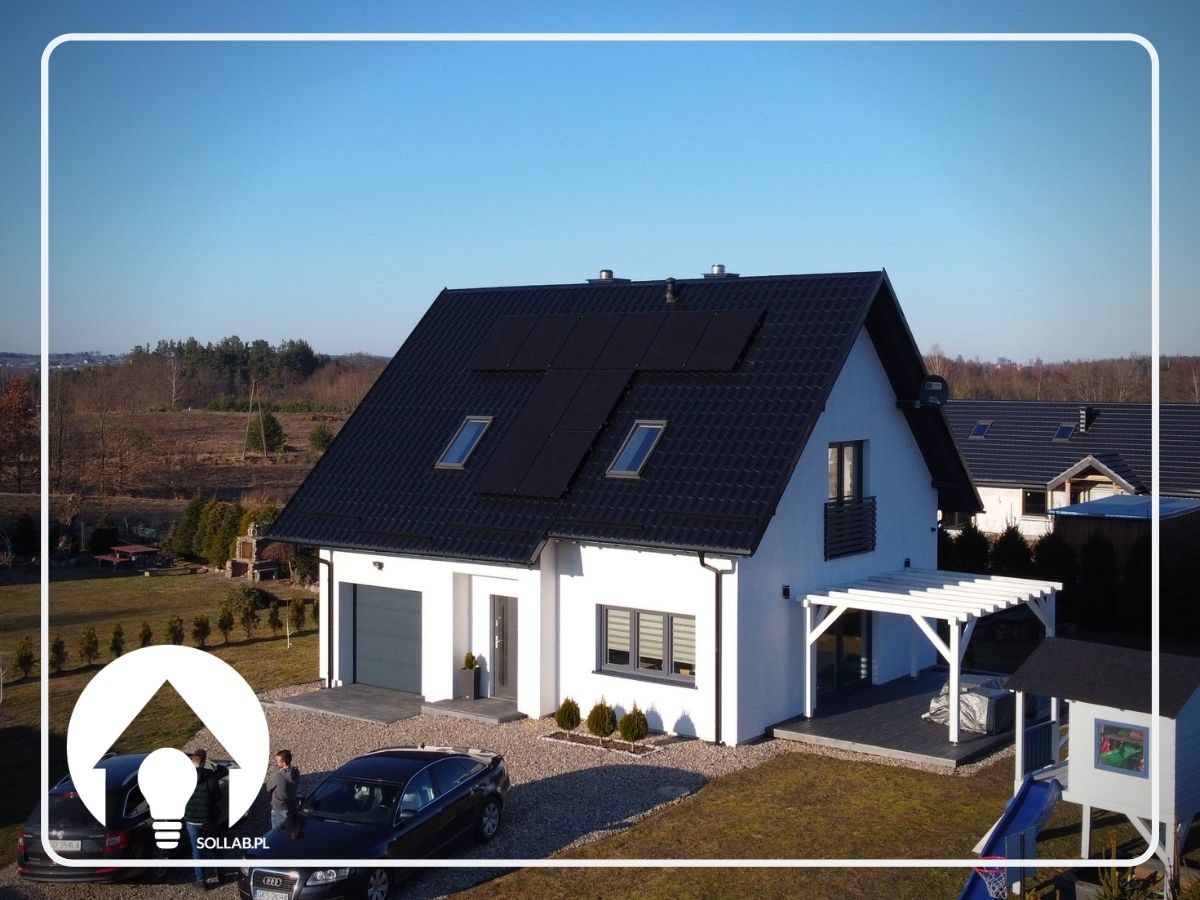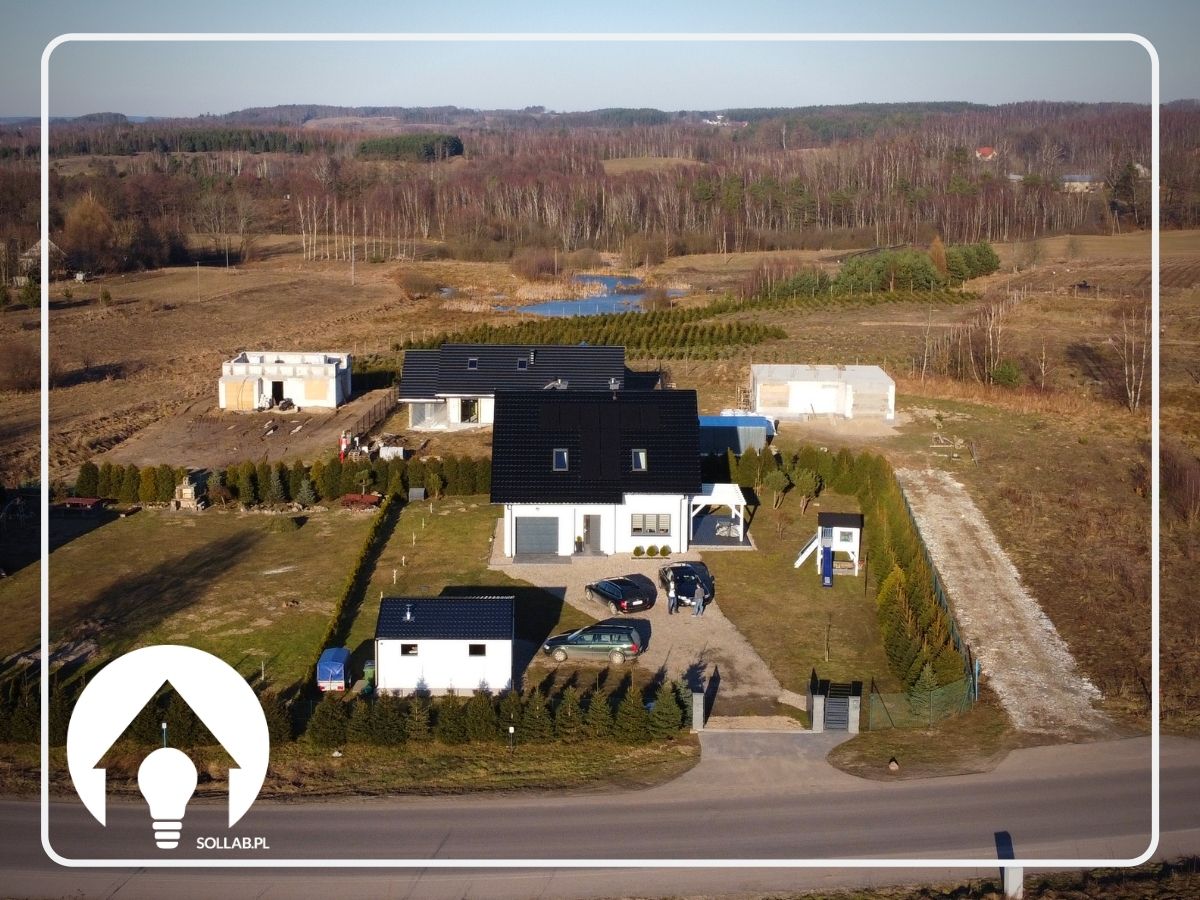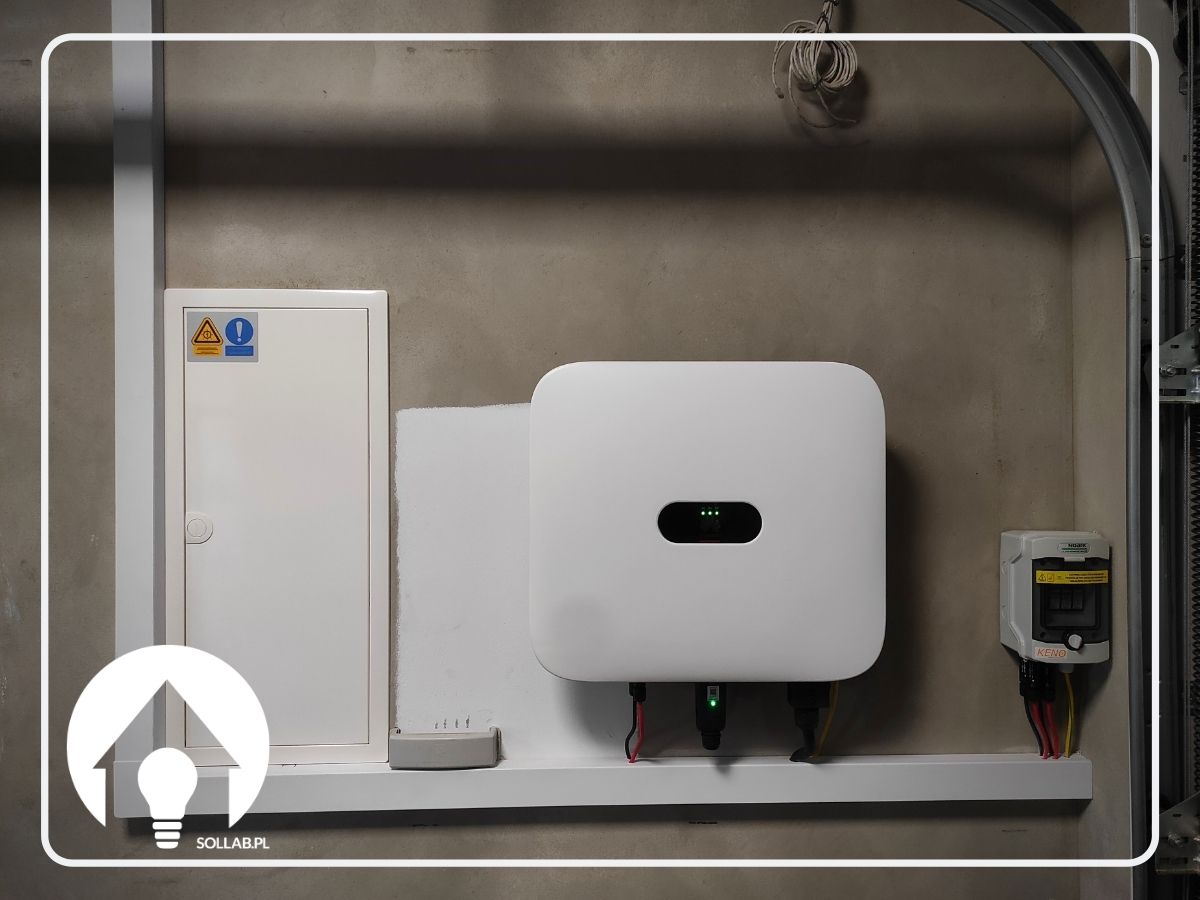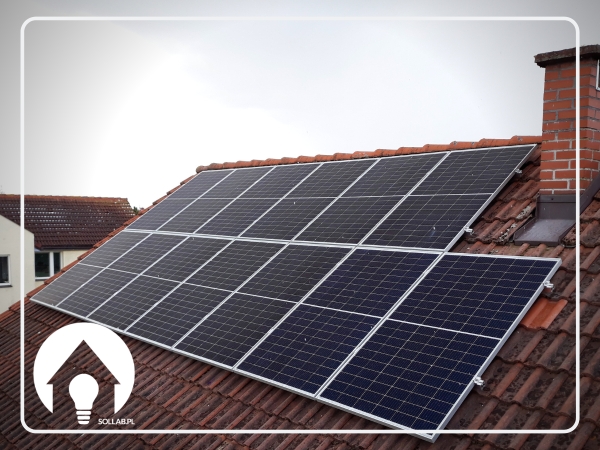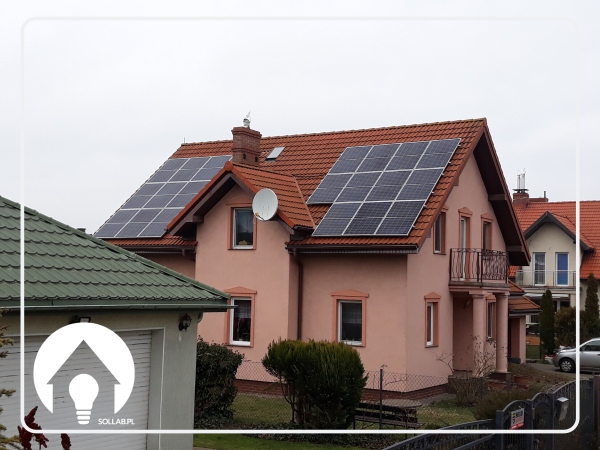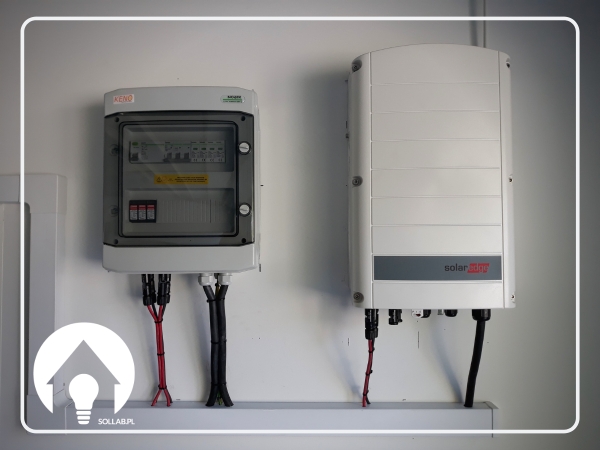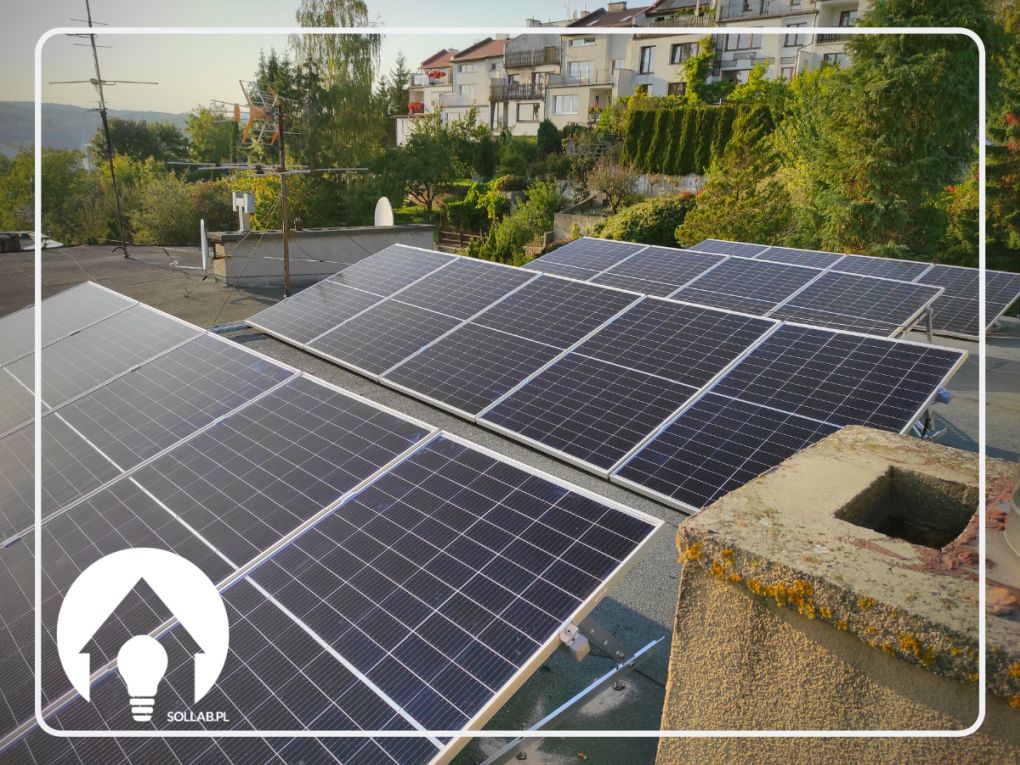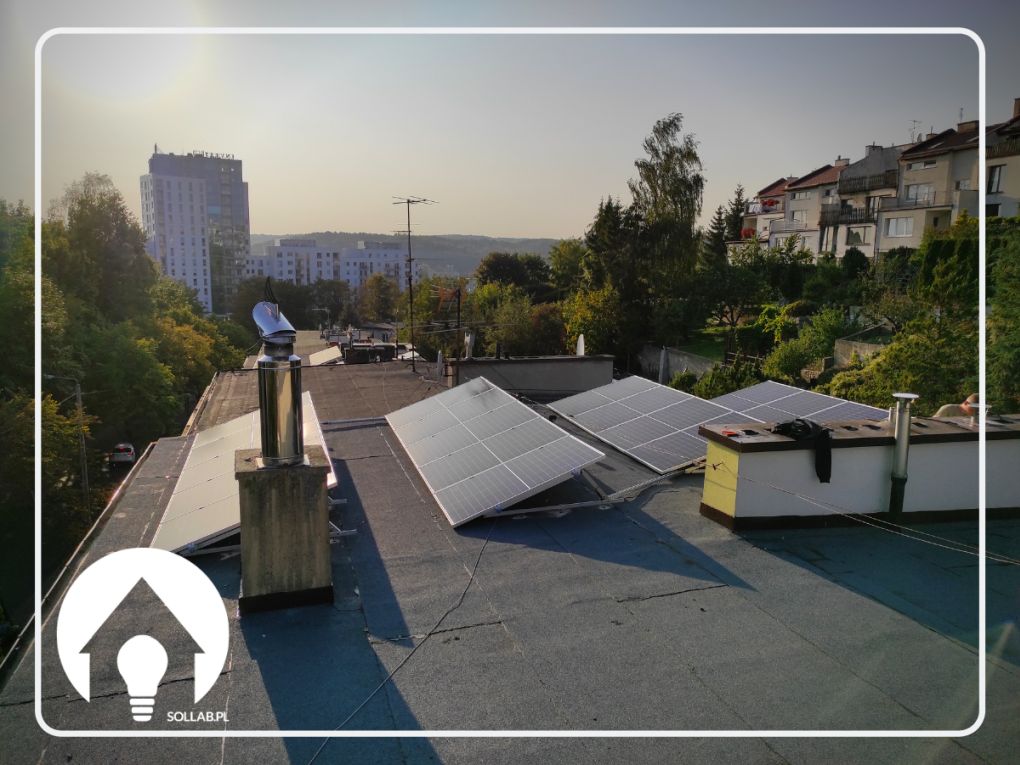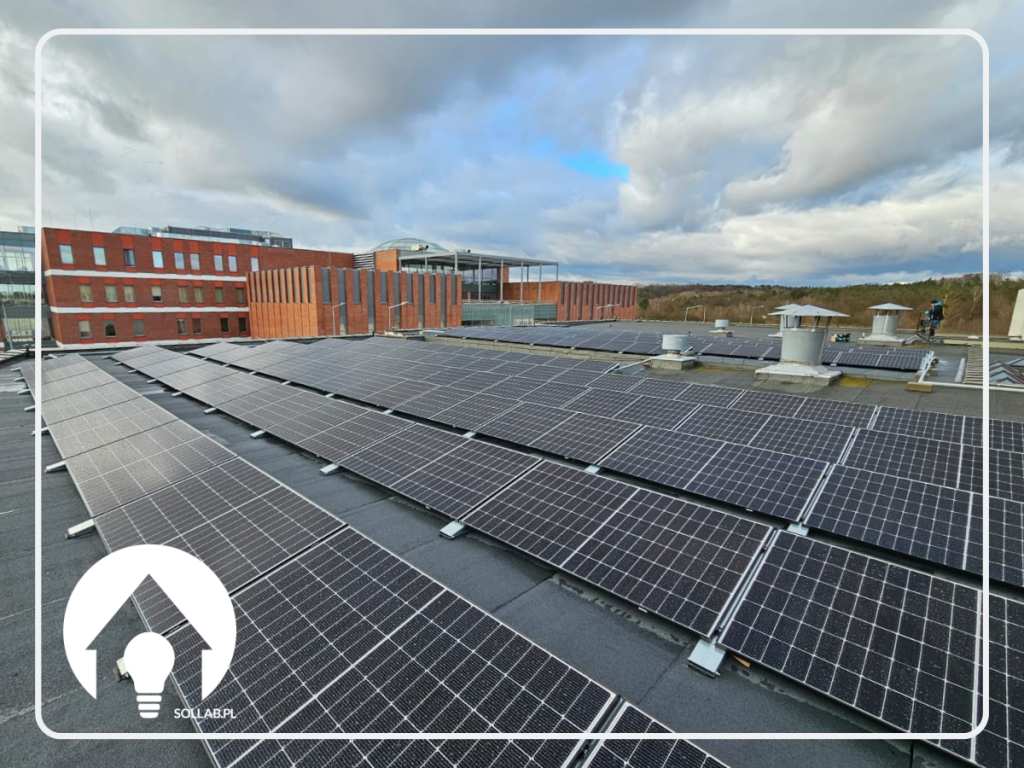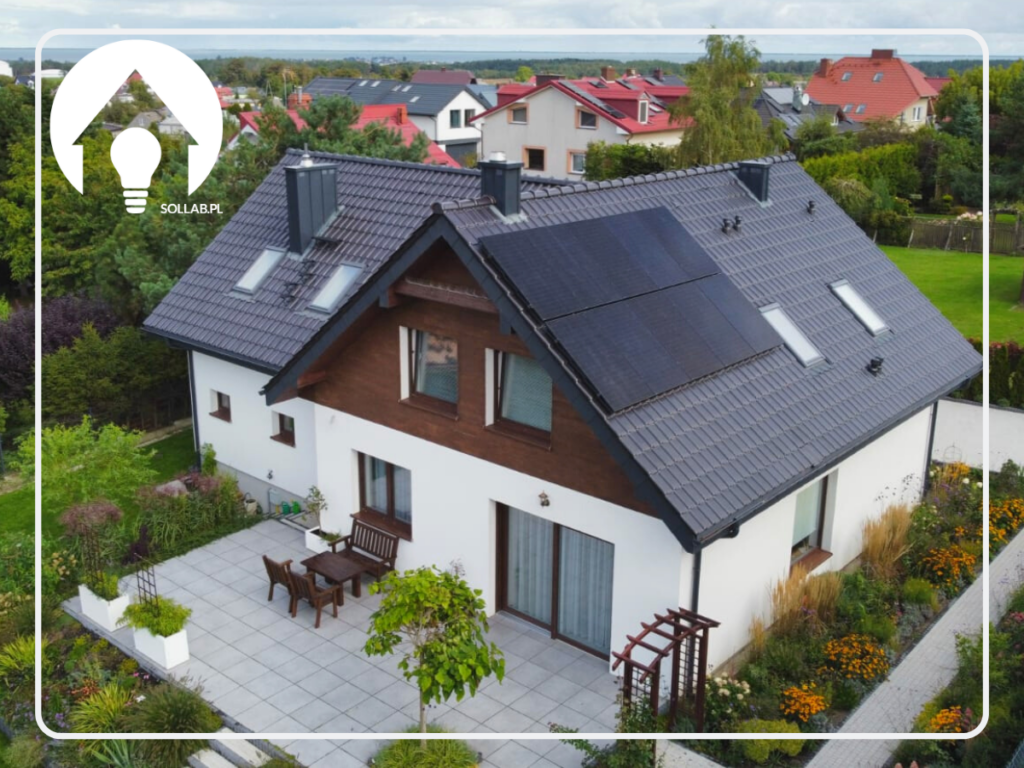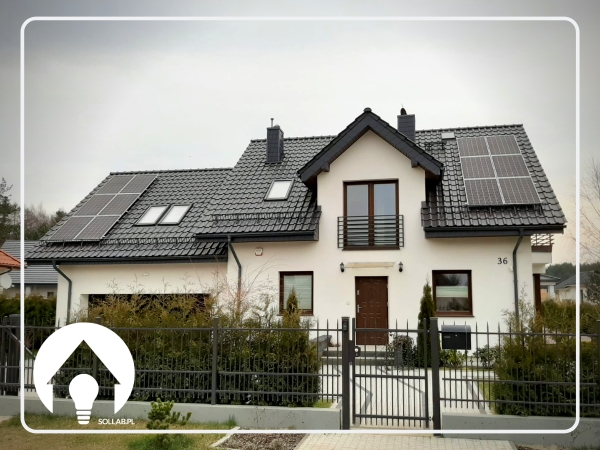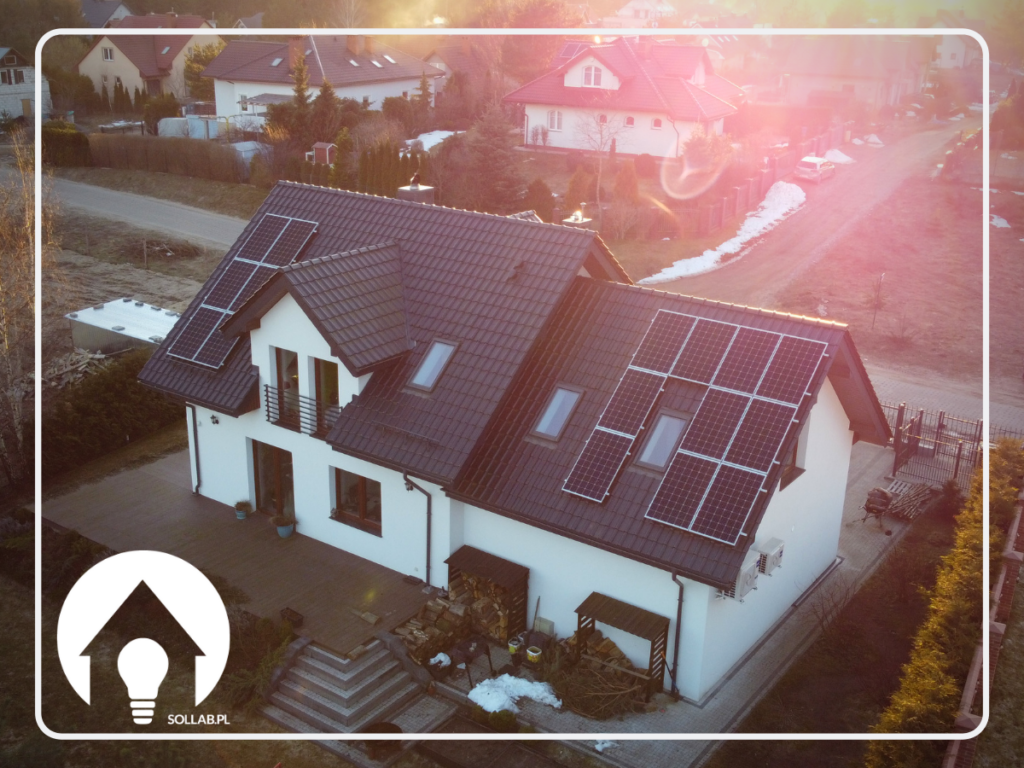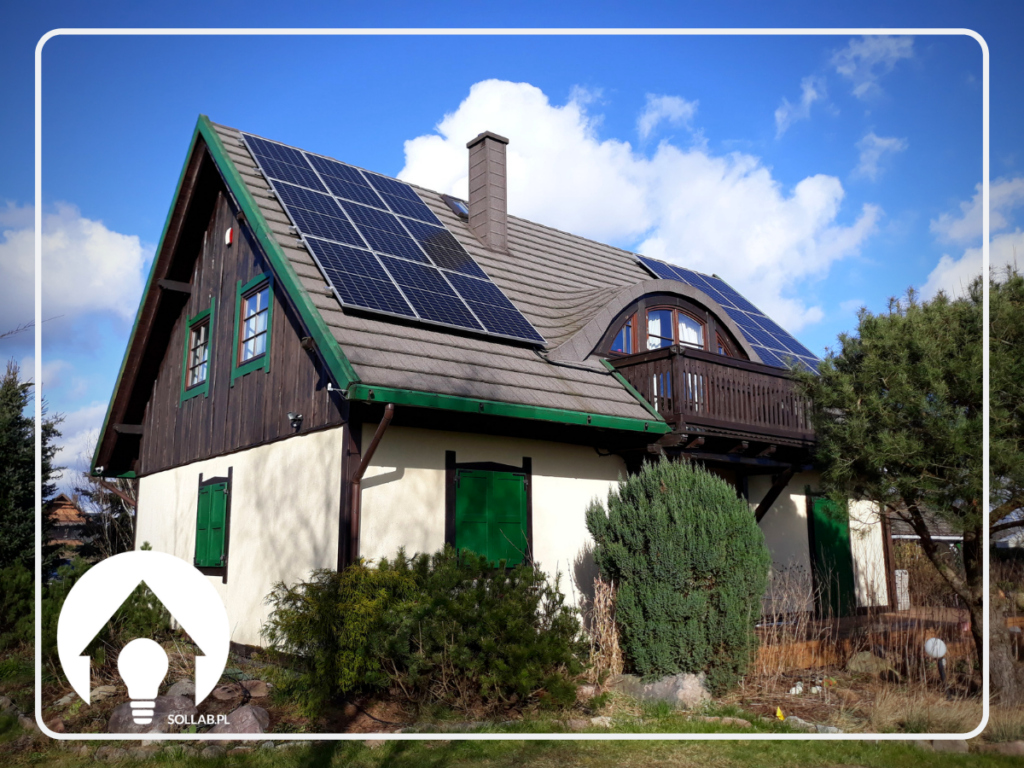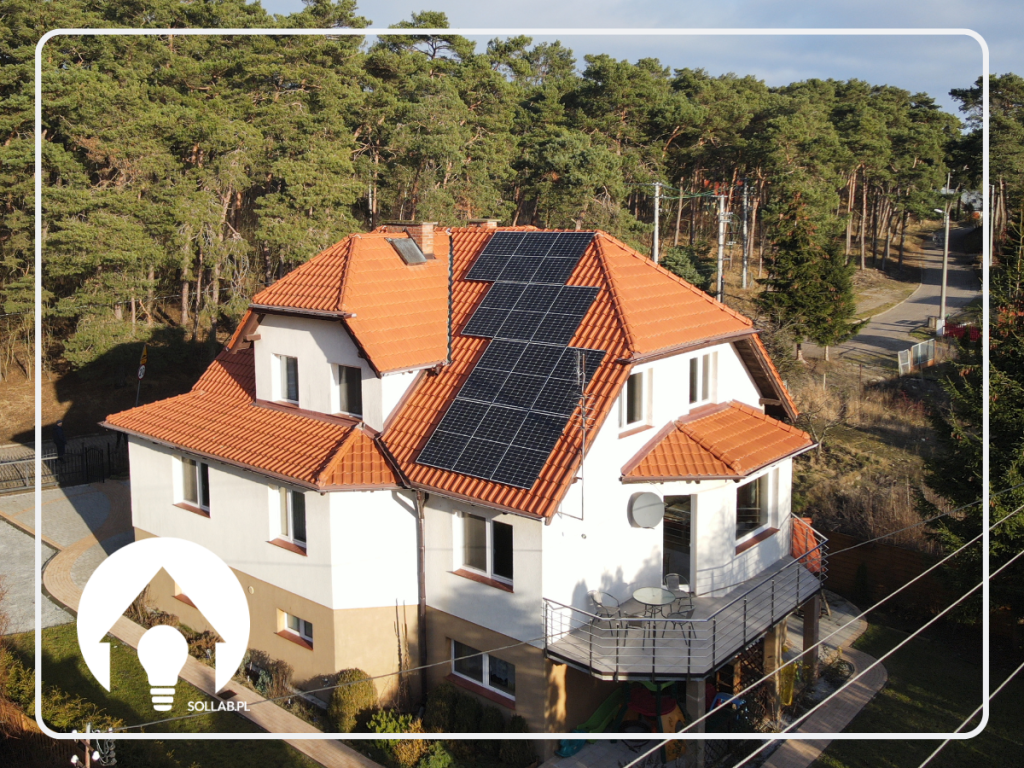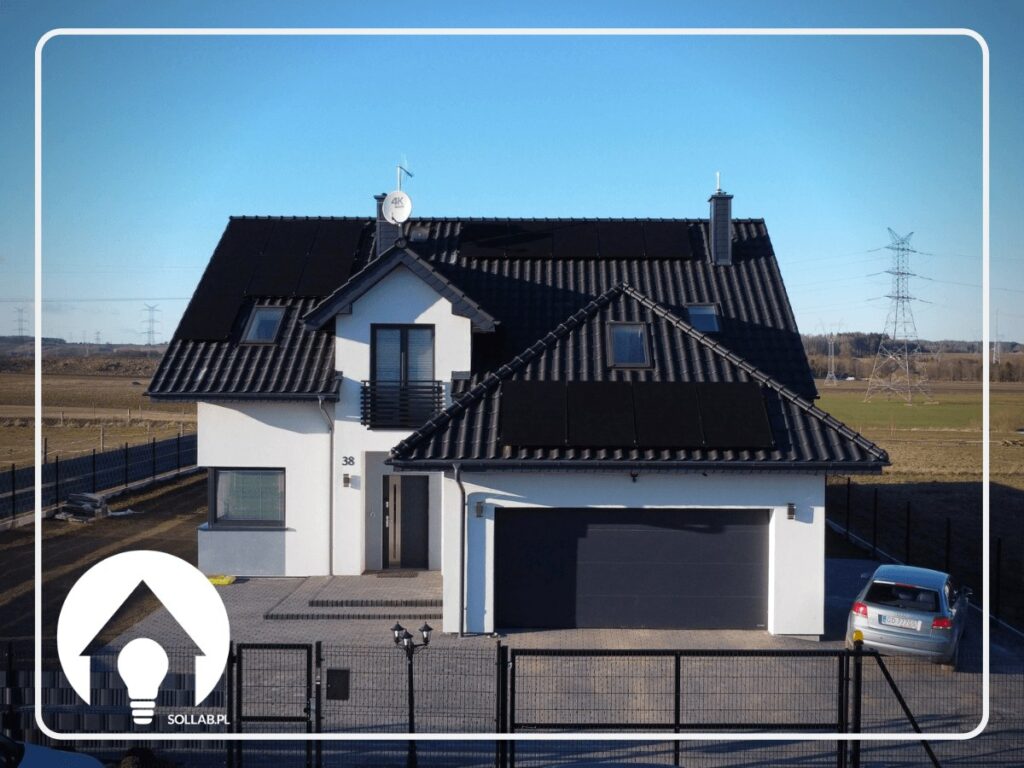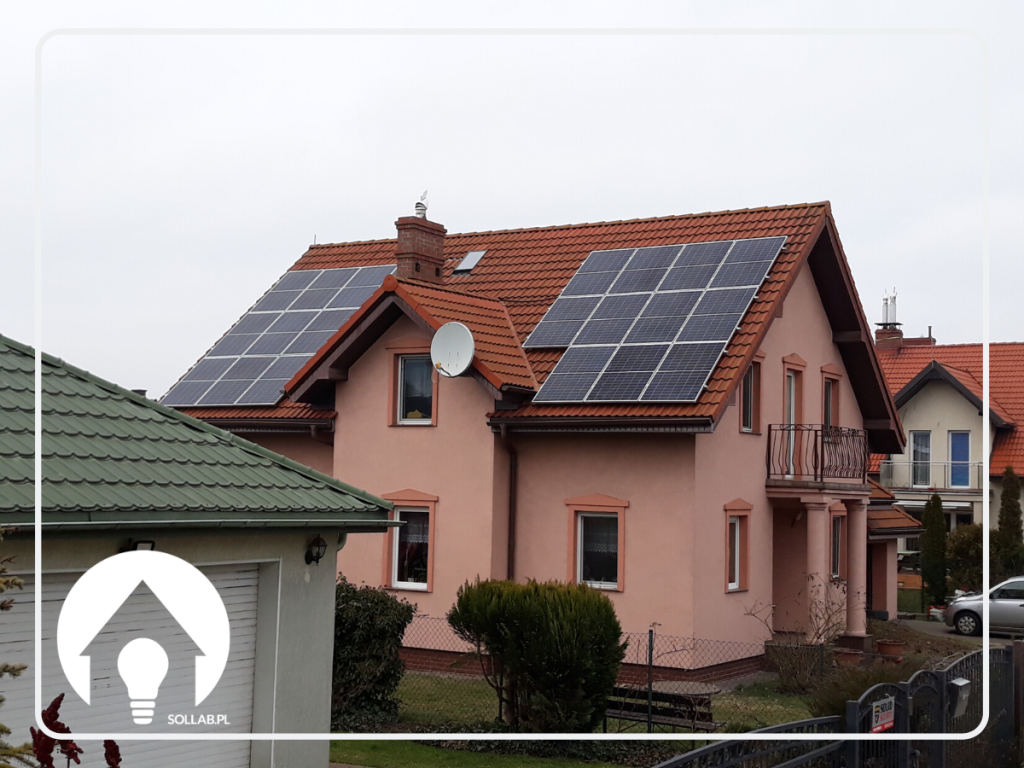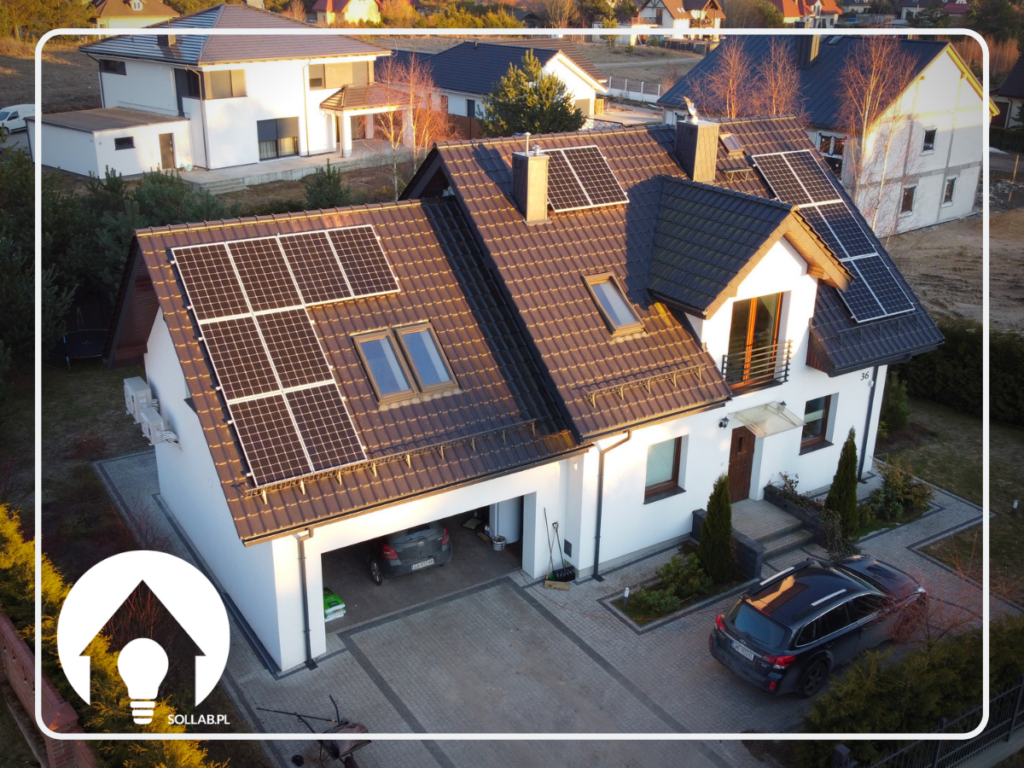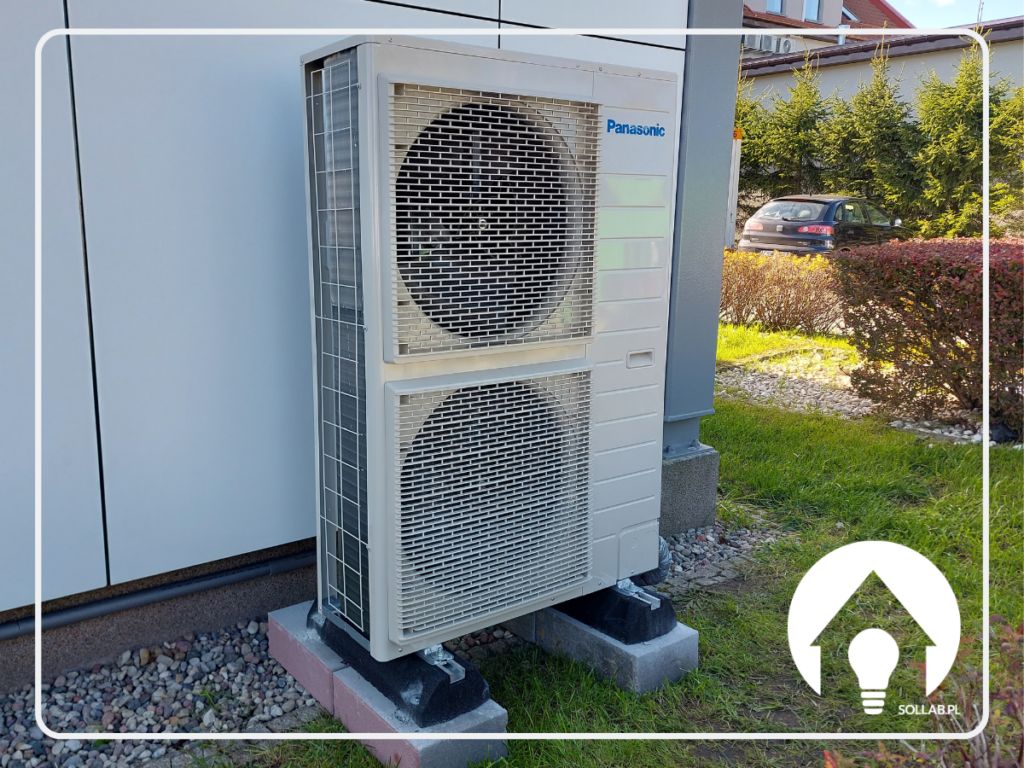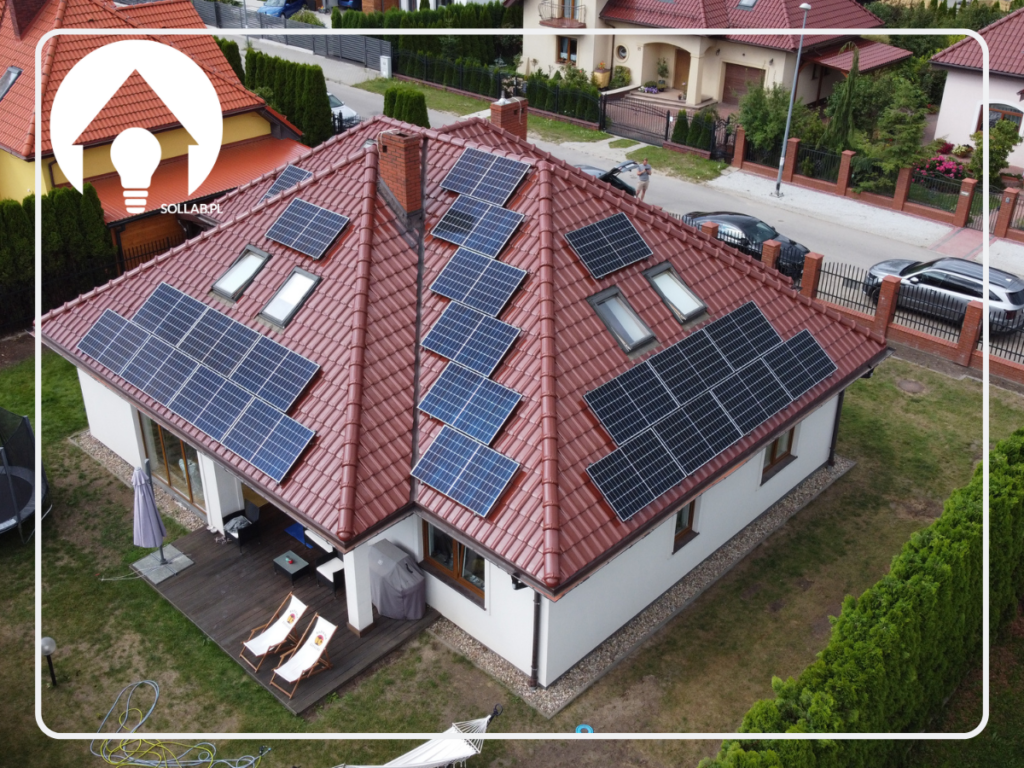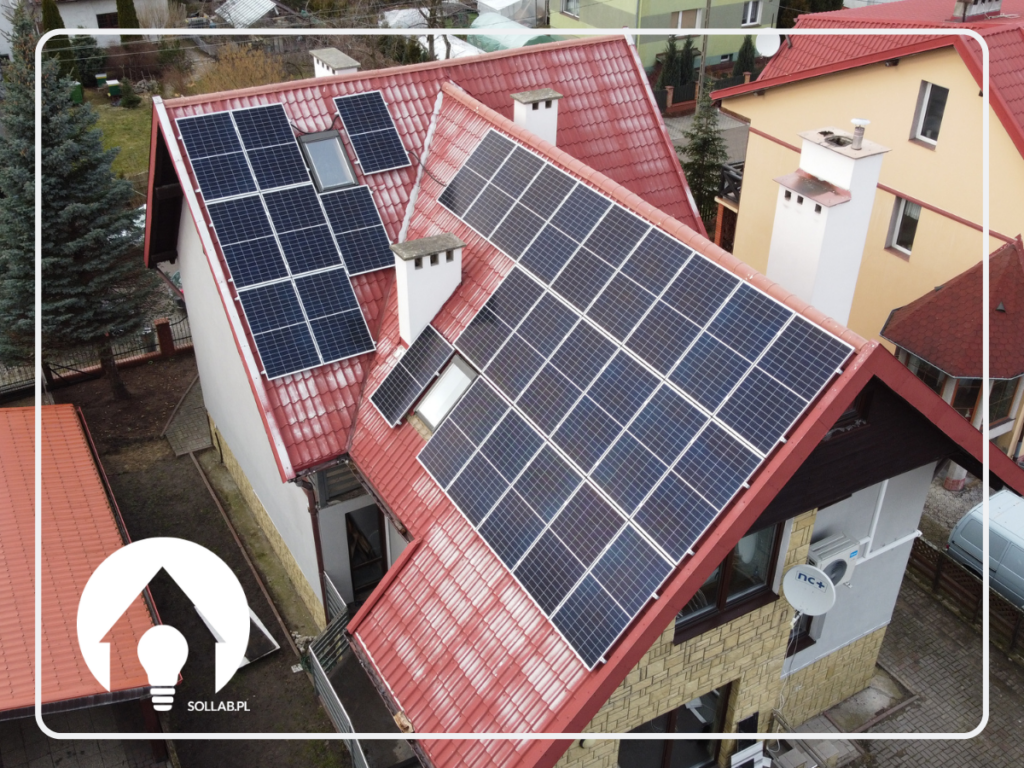Photovoltaics for Tczew residents is an opportunity to achieve energy independence. The ever-increasing price of electricity is a problem not only for Tczew residents, but for the whole of Poland. A well-chosen photovoltaic installation will allow you to reduce your electricity bills to a minimum.
Photovoltaic panels Tczew - time for ecological solutions
Recently, solar installations have become increasingly common. This is not without reason. Photovoltaic systems offer the possibility to save a lot of money, and we can also count ourselves among those who act with care for the planet. What is more, the use of photovoltaic panels in one's own residential building makes it possible to become independent of external electricity suppliers.
Photovoltaics are growing strongly in popularity. In your neighbourhood you can see more and more houses with photovoltaic panels on the roof, and you can also find a large number of solar installations on the ground. Many people are surely wondering why this technology is so successful. So you have to start with how it works.
What are photovoltaic panels? How does photovoltaics work?
Photovoltaics is basically the use of sunlight to generate electricity. The electricity you obtain can be used not only to power the various appliances you have at home, but also to heat water or to heat the building in which you live.
The key component we need to generate electricity are photovoltaic modules, often colloquially referred to as photovoltaic panels. These are usually installed on the roof of the house. In a large proportion of cases, there is no need to reinforce the structural elements of the roof - this is only the case with older buildings.
In photovoltaic panels, the photovoltaic phenomenon of converting energy from the sun into direct current takes place. the current is distributed through cells, which are made of semiconductor material. One of the most commonly used materials for cells is silicon.
Types of photovoltaic panels
Solar modules can be divided into two groups: monocrystalline modules and polycrystalline modules. Monocrystalline modules are distinguished by their highest grade and performance among other modules. These panels are created from a single silicon crystal. Thanks to their rather low production prices, monocrystalline modules are among the most popular at the present time. The production process for polycrystalline modules, on the other hand, is somewhat simpler. They are formed from pure silicon semiconductors. The estimated yield of polycrystalline modules, unlike monocrystalline modules, is 3% less.
Is a photovoltaic installation environmentally friendly?
Certainly! A photovoltaic installation does not require any auxiliary energy sources, and it does not have a harmful effect on the environment. The main reason why people opt for the installation of photovoltaic panels is that it is completely ecological and does not involve environmental pollution.
Is there really anything to fear? What are photovoltaic investors in Tczew afraid of?
A number of rumours have become established among potential buyers of solar panels, which unfortunately often pass from mouth to mouth. What are these myths?
Myth 1: The climate in Poland does not allow the use of solar panels
This is the most frequently repeated myth, which is completely unconfirmed in practice. As experienced panel installation specialists in Tczew, we can definitely deny it. Our customers are satisfied and, after several seasons, gain 100 per cent independence from electricity suppliers.
In addition, Poland has very similar insolation to Germany, which is one of the leaders in photovoltaic installations in Europe.
Myth 2: Investing in photovoltaics does not pay off
This is not true. There are many subsidies and concessions for the installation of a photovoltaic system, so that the costs incurred pay off even faster. In addition, it is important to take into account that every year electricity prices increase and the payback time for the investment decreases.
See realisations in other cities:

